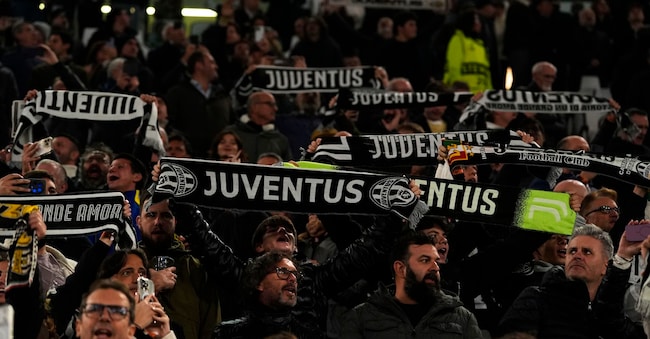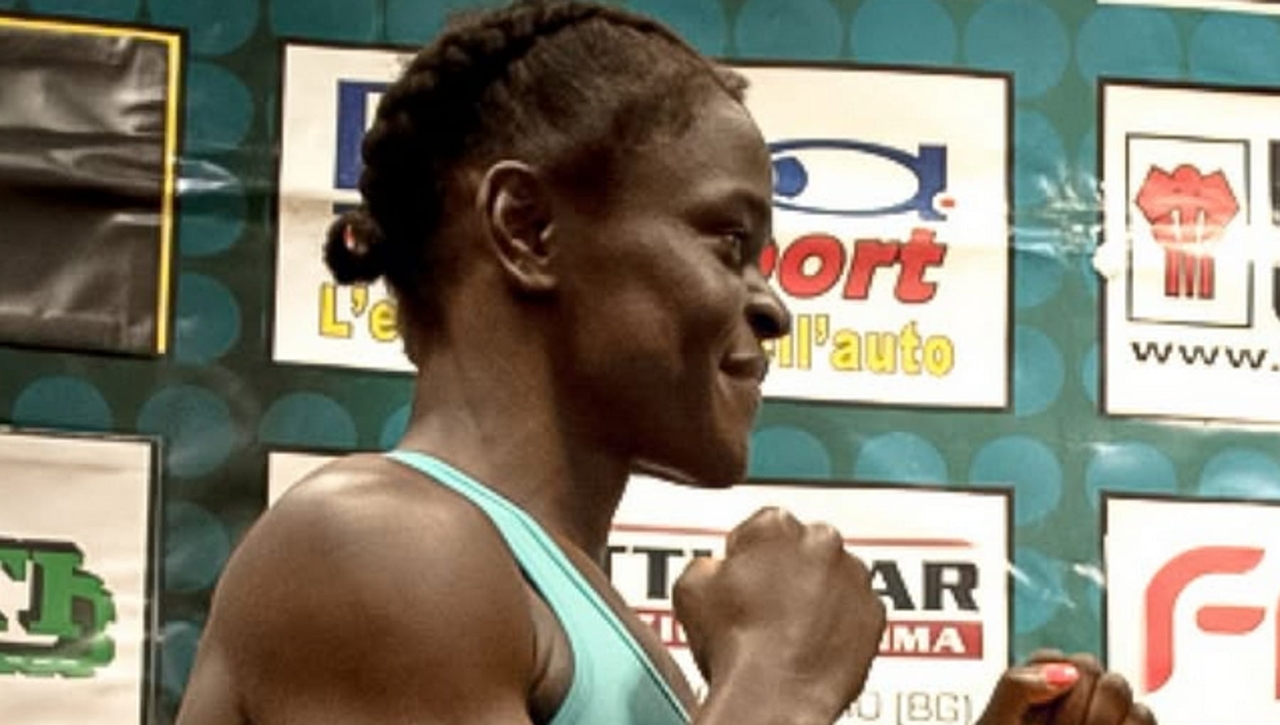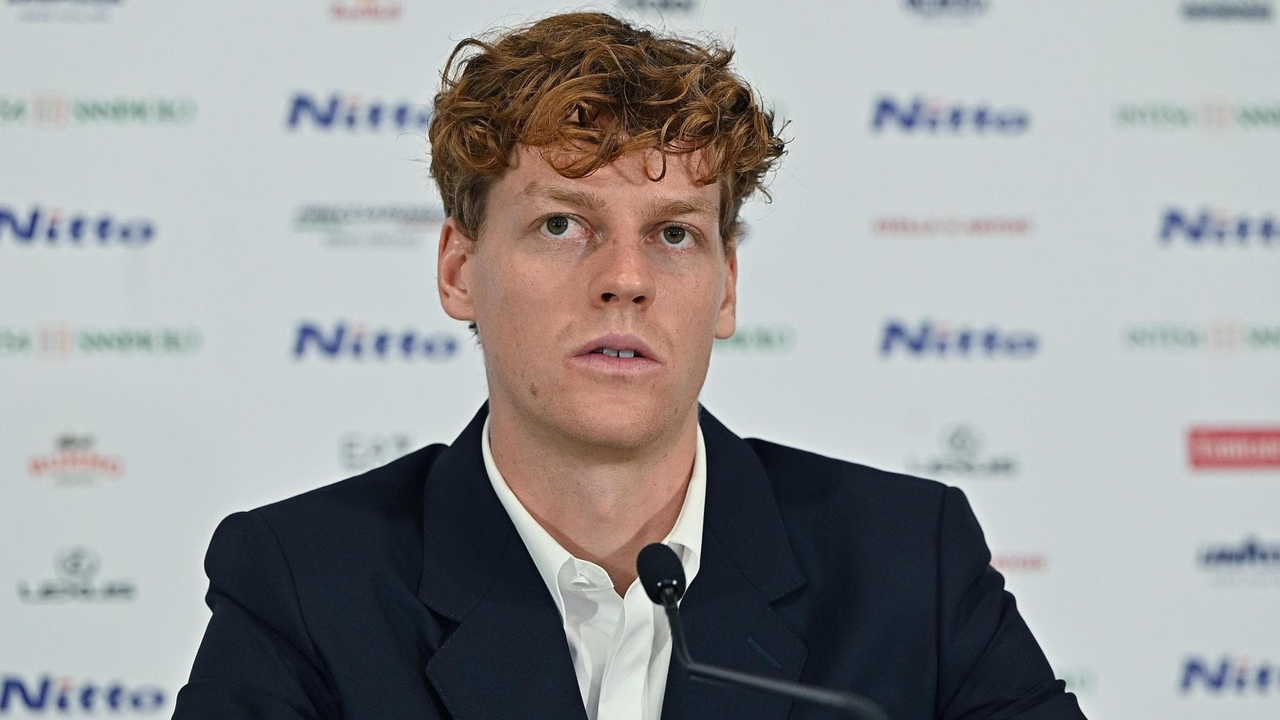Juventus, with its return to Europe, revenues of €529 million and a reduced deficit


On November 7, Juventus's board of directors approved the financial statements for the year ended June 30, 2025, which showed a net loss of €58.1 million, a significant improvement from the €199.2 million loss recorded in the 2023/24 season, which was marked by exclusion from European competitions and several extraordinary expenses. This result, while still negative, signals a partial reversal of the trend, but confirms the need to maintain a steady course through careful cost management.
Juventus' revenue reached €529.6 million, up 34% from €394.5 million the previous year. Revenues were driven by television rights, which rose to €177.4 million thanks to participation in the Champions League (€67.5 million), the Club World Cup (€27 million), and Serie A (€81.2 million). Stadium revenues also increased, from €57.7 million to €65.4 million, while commercial revenues fell to €115.9 million, due to the late renewal of sponsorship agreements with Jeep and Visit Detroit.
The contribution of transfer market capital gains was significant, amounting to €89.7 million out of a total €109.7 million in player management revenue. Among the most notable transactions were the sales of Soulé (€22.3 million), Hujsen (€13.7 million), Fagioli (€13.2 million), Iling-Junior (€12.3 million), and Rovella (€9.3 million). Added to these were €6.9 million in bonuses and sell-on fees, and €7.1 million in insurance compensation for injuries.
On the cost front, the club kept expenses down to €559.6 million, down from €569.9 million the previous financial year. The largest expense remains personnel costs, amounting to €244 million (€220 million of which related to registered players), down from €264 million in 2023/24. Amortization and depreciation decreased to €153.9 million, with €124.9 million related to players. Among the write-downs, the most significant was that of Danilo due to the mutual termination and the adjustment to the value of Douglas Luiz (€4.5 million).
Expenses for managing player rights increased to €43.7 million, with €20.5 million in non-capitalized ancillary costs and €16.2 million for loans, including Conceicao (€6.9 million), Renato Veiga (€3.8 million), and Kalulu (€2.8 million). The pre-tax result was negative by approximately €50 million, with financial expenses amounting to €26.6 million.
Consolidated net equity stood at €13.2 million, down from €40.2 million the previous year, but supported by the €30 million paid by Exor as an advance on the approved capital increase of up to €110 million.
On the liabilities side, total debt increased to €762.1 million (€638.6 million in 2024), with €244 million from factoring and €224.4 million from other football clubs, compared to €105.1 million in receivables. Net financial debt rose to -€280.2 million compared to -€242.8 million the previous year.
The 2025 budget represents a step forward toward the break-even goal set in the three-year strategic plan. However, the Board of Directors has revised downwards its estimates for 2025/26 and 2026/27, in light of the challenges related to UEFA's Financial Fair Play regulations. UEFA has initiated an investigation into a possible violation of the permitted loss limits (€60 million) in the three-year period 2022-2025. The outcome of the investigation is expected in spring 2026 and could result in minor financial penalties or sporting restrictions, such as limits on the registration of new players. Juventus, however, complied with the squad cost rule, which requires the ratio of revenue to squad cost (salaries, player amortization, and intermediary costs) to be below 70% in 2024 and plans to comply with it in 2025 as well.
The exact terms of the matter were explained during the meeting by Juventus CFO Stefano Cerrato: "There is no ongoing procedure. UEFA has begun gathering documents. We have complied with the squad cost ratio parameter for the 2024 financial year. Based on the information available to date, we expect to be able to substantially comply with it for the 2025 financial year as well. There is another parameter, the football earnings rule, which UEFA has begun requesting further clarification on. The possible process of gathering information to determine compliance with this parameter will be completed in the spring of 2026. As we have communicated, this could give rise to financial sanctions, but we expect them to be modest. As for possible sporting sanctions, in these cases, they are limited to restrictions on the registration of new players in UEFA competitions, but this is something that is entirely ongoing. It is not an open procedure but rather a gathering of documents aimed at verifying whether there will be any breaches."
John Elkann, CEO of parent company Exor, spoke to Reuters: "We remain fully committed to Juventus and are proud to have been its controlling shareholder for over a century. We are, and always have been, open to constructive ideas from all stakeholders who share our ambition and passion for the club."
El Salvador-based cryptocurrency company Tether, which has acquired a significant stake in the club (11.5%), announced that it has proposed Francesco Garino and Zachary Lyons for the board of directors, requesting access to two seats, rather than the single one envisaged.
News and insights on political, economic, and financial events.
Sign upilsole24ore




